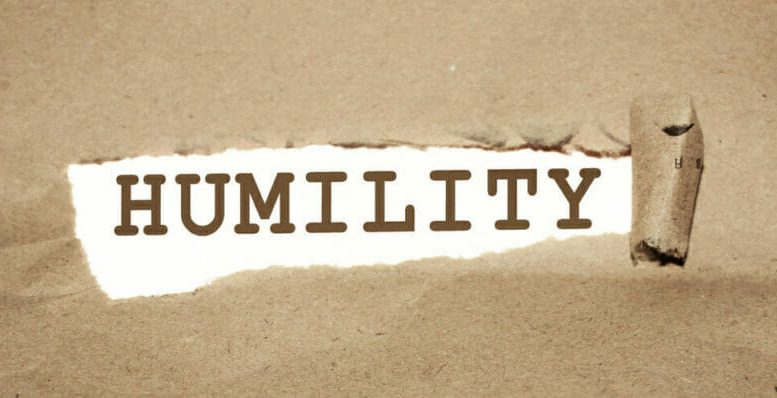The last few months have been interesting for students of reputation management. Far away from the country, a start-up’s communication team (and later the board) hard-pressed the crisis button when a video of its CEO firing 900 employees over a virtual meeting surfaced on social media. Closer home, an “alleged” fake conversation between a founder and his investment banker invited unwanted press not just for the people involved but the brands they are associated with.
I spoke to a group of professionals who saw this from the prism of employee vigilantism that triggers the crisis. This risk, according to them, has seen a rise during the pandemic. But I feel analysing the situation from this perspective is missing the wood for the trees.
Therefore, such a crisis should be scrutinised from the perspective of how a leader should behave. Not just within the organisational ecosystem but beyond. I am sure you would have come across the cliché (which usually finds space on the social media status of disgruntled employees right before they drop in papers): Employees don’t leave companies; they leave bad bosses! It is equally true for leaders.
The last few years have been highlighted by the emergence of conscious humans. The pandemic has only become an unexpected catalyst in reshaping the consumer mindset, preferences and behaviours. Numerous studies show that consumers are already aligning themselves with brands based on what it stands for. A recent Accenture study found that Gen Y and Gen Z consumers demand proof of purpose and don’t deter from using their influence and spending power to prove it.
Employees are no different. Like consumers, employees expect organisations to be ethical, trustworthy, authentic, humble and empathetic. Over time, the probability of them turning to more public fronts to express disagreement with an organisation or leader’s actions has increased. This proves a complicated task when communication teams have to draft messages and wriggle in with powers to control the execution and delivery of it.
The PWC recently published a report on six paradoxes of leadership. One which stood out for me was Humble Hero. It stated how leaders must have the confidence to act in an uncertain world and the humility to recognise when they are wrong. Similarly, HBR published an interesting article that elaborated on why leaders need to walk the tightrope between empathy and compassion. So what can communication professionals do?
Transparency
Enough has been written about the benefits of being a transparent leader. I once worked with a leader whose biggest pet peeves were the water-cooler and grapevine discussions. When we spoke with the team in confidence, a statement from one of the executives stood out: can we actually weed out gossip when we don’t know the whole picture? Turns out, the leader wasn’t transparent enough with the team, and therefore it developed room for message manipulation. Among other initiatives, one was to have an open forum discussion that promoted and solicited team members’ views without the worry for retribution.
Nothing is off-record
This usually forms part of most of the media training sessions. Debate continues on the ethics of using a message or information in any form shared based on trust and “off-the-record” agreement. But the fact is precaution is far cheaper better than crisis management – both intangible and intangible measurement terms.
Amidst the Great Reshuffle, Microsoft released an interesting report which stated workers are reconsidering everything from who they want to work for to the role they expect employers to play in supporting their purpose and values.
Today, any message which is not authentic will be called out not just by your customer but by internal stakeholders too. If there exists an internal communication (and trusted) mechanism to channel such issues, it will eventually work in the organisation’s favour, offsetting plausible crises. However, any covert or overt attempts at brushing it under the carpet further push it through the gaps and makes it more likely to emerge on public platforms. It will, in all probabilities, fuel it further.
Value and personality check
Communication professionals must perform a ‘value and personality check’ before drafting any communication on behalf of leaders. Regardless of how noble and well-crafted the message is, the desired impact cannot be achieved if the recipient has an inherent trust issue with the messenger.
The views and opinions published here belong to the author and do not necessarily reflect the views and opinions of the publisher.



Be the first to comment on "The humble hero must walk the talk"